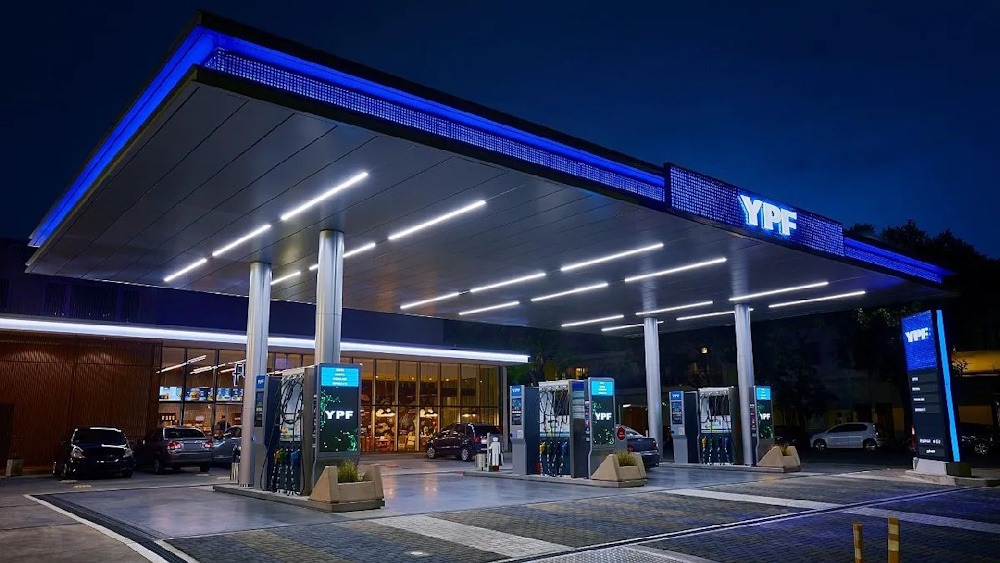Anchorage Capital Advisors LP has established an uncommon fund whose returns are contingent upon the resolution of a lengthy and contentious legal battle associated with the nationalization of Argentina’s largest oil enterprise. The fund, classified as a continuation vehicle, possesses a singular asset: a loan secured by a legal claim originating from the nationalisation of YPF, as per sources acquainted with the situation. The outcome of that case will ultimately dictate the returns for investors. The contention originates from 2012, when Argentina took control of YPF. Minority shareholders, including Spanish companies Petersen Energía Inversora and Petersen Energía, along with money manager Eton Park Capital Management, have initiated legal action against Argentina due to subsequent losses. They contend that the government violated YPF’s statutes by failing to make a tender offer for the remaining shares in the company. In 2023, a US judge ruled in favor of the plaintiffs, mandating Argentina to pay approximately US$16 billion in damages.
The loan in the new Anchorage fund was issued by Petersen, which was “driven to bankruptcy” following the nationalisation of YPF, as stated in a court document. Upon assuming control of YPF, Argentina announced its intention to reinvest dividends back into the company, thereby depriving Petersen of the income it depended on. The senior-secured loan within the fund was recorded at a carrying value of US$188 million at the conclusion of the previous year, while the total claim amount is reported to exceed US$600 million, according to sources. In light of the rulings favoring Petersen, Anchorage identified additional potential upside to the loan that was previously part of its Anchorage Illiquid Opportunities Fund V established in 2015, according to sources. Consequently, Anchorage transferred the asset to a new fund upon the expiration of the previous vehicle. This situation represents a unique occurrence in credit markets, characterized by a continuation secondaries fund that contains only one asset. Private managers are progressively utilizing continuation vehicles to prolong their ownership of valuable assets. They facilitate the exit of previous investors while attracting a new cohort of investors and generating a new flow of profits. A spokesperson for Anchorage refrained from providing a comment.
Nonetheless, the success of the plaintiffs and the fund remains uncertain. Argentina has sought to contest the ruling, and towards the end of the previous month, judges within the US Second Circuit Court of Appeals indicated a willingness to reconsider the decision. Two of the three judges posed critical inquiries regarding the appropriateness of the US District Court case that culminated in the substantial award, which interest has now escalated to US$18 billion. The appeals court is anticipated to take several months before rendering a decision, and it is likely that the losing party will subsequently seek to appeal to the US Supreme Court, as reported by Bloomberg at that time. This development occurs alongside a strengthening relationship between President Donald Trump and Argentine President Javier Milei, which has enhanced the country’s appeal to investors. Burford Capital Ltd, which financed the litigation for the shareholders, stated in a 2023 announcement that Petersen was entitled to US$14.3 billion of the US$16-billion award, while Eton Park, which was dissolved in 2017, could anticipate US$1.7 billion.
In its third quarter earnings on November 5, Burford highlighted the recent oral arguments presented before the appeals court. It stated its belief that “YPF-related assets will ultimately deliver a 10-figure recovery for Burford,” while also noting that “litigation risk remains.” In 2012, Argentina acquired a 51 percent stake in YPF, citing the majority shareholder, Spanish firm Repsol SA, for inadequate investment in oil production. At that moment, Argentina was engaged in a struggle against claims from investors spearheaded by Paul Singer’s Elliott Investment Management concerning its 2001 default on $95 billion in sovereign debt.

